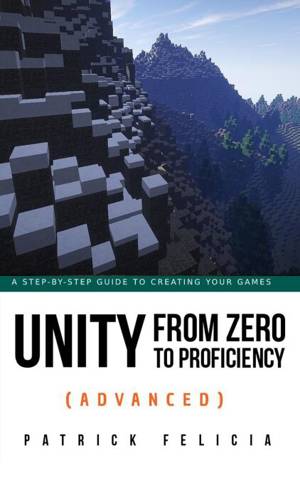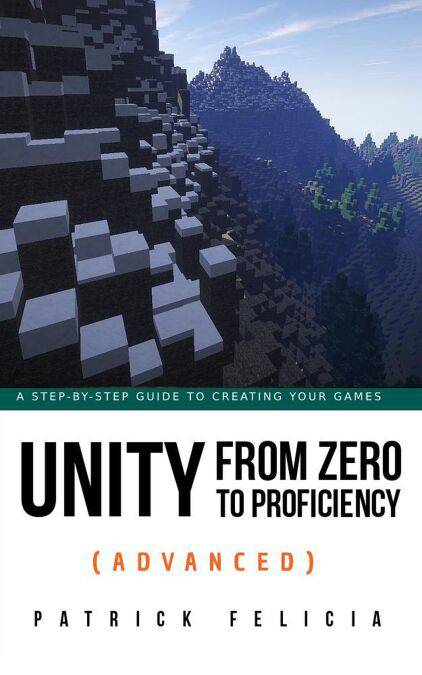
- Retrait gratuit dans votre magasin Club
- 7.000.000 titres dans notre catalogue
- Payer en toute sécurité
- Toujours un magasin près de chez vous
- Retrait gratuit dans votre magasin Club
- 7.000.0000 titres dans notre catalogue
- Payer en toute sécurité
- Toujours un magasin près de chez vous
Description
Newly Edited and Updated Version (Third Edition) for Unity 2019
Create multiplayer games and procedural levels and boost game performances without the headaches
Without this book, most people spend too long trying to develop and optimize their game the hard way. This book is the only one that will get you to create entertaining games and optimize your code without wasting so much time. It includes six chapters that painlessly teach you the necessary skills to automatise the creation of multiple game levels using only a few lines of code; you will create multiplayer games, and also make it possible for players to save their score (and other features) between games, even if they play on different devices; finally, you will learn to create fast and responsive games by optimizing your code.
What you will learn
Create levels procedurally with C#, save yourself time, and speed-up the level design process.
Create levels randomly so that they are different every time the scene is loaded and add re-playability to your game.
Read XML files using C# and use the data within to create levels.
Create a space simulation using XML and C# and make your scene customizable.
Connect to a database from Unity to save and retrieve the player's score.
Create a simple network tank game with projectiles and explosions.
Create a Simon game.
Optimize your code and your project's structure
Content and structure of this book
The content of the books is as follows:
If you want to start creating multi-player games and procedural levels using a tried-and-tested method: download this book now!
Spécifications
Parties prenantes
- Auteur(s) :
- Editeur:
Contenu
- Langue:
- Anglais
- Collection :
Caractéristiques
- EAN:
- 9781980417880
- Date de parution :
- 13-02-18
- Format:
- Ebook
- Protection digitale:
- /
- Format numérique:
- ePub

Les avis
Nous publions uniquement les avis qui respectent les conditions requises. Consultez nos conditions pour les avis.






